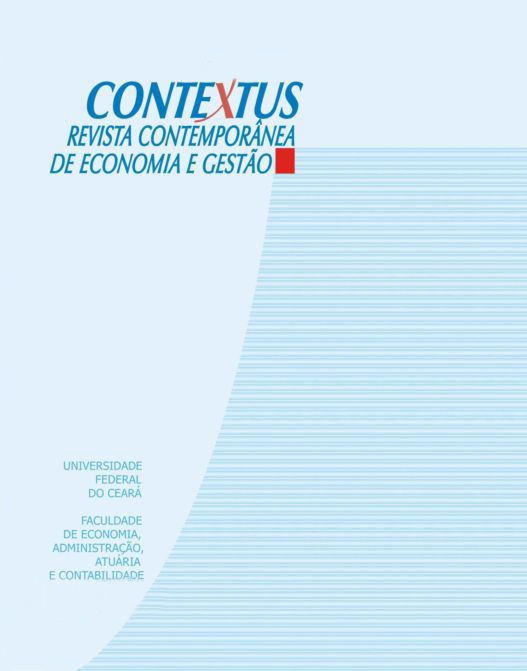O CAMINHO DE IDA E VOLTA NO MÉTODO MARXIANO: UMA TRAJETÓRIA HISTÓRICA DO MÉTODO ATÉ A SUA FORMULAÇÃO
DOI:
https://doi.org/10.19094/contextus.v4i1.32074Keywords:
Filosofia, História, Método Marxiano, Método Grego, Método Escolástico e Método Moderno.Abstract
Existe uma linha de continuidade na trajetória do métododesde a filosofia pré-socrática do séc. VII-V a.C. até o séc.XIX. Na Grécia tinha-se uma grande articulação entremetodologia e cosmologia. Na Idade Média, passa-se poruma clara superioridade da fé e da teologia sobre a razão ea ciência. Essa forma de pensamento é superada no períodomoderno quando se dá a cisão entre a religião e a ciência.Surgem duas explicações historicamente viáveis, ouseja, o racionalismo e o empirismo, mas também trazemconsigo alguns problemas. As respostas de Kant e deHegel para esta crise na filosofia e na metodologia nãoforam capazes de atender a todas as indagações. A soluçãomarxiana considera que o método não é critério de verdade,pois não existe uma essência imutável. A produção doconhecimento científico em Marx segue um percurso dedois caminhos de ida e de volta.Downloads
Published
How to Cite
Issue
Section
License
The authors, while doing the submission, accept the notice below:
We authors hold the copyright related to our paper and transfer Contextus journal the right for the first publication with a Creative Commons’ international license of the modality Attribution – Non-commercial 4.0, which in turn allows the paper to be shared providing that both the authorship and the journal’s right for initial release are acknowledged.
Furthermore, we are aware of our permission to take part in additional contracts independently for non-exclusive distribution of the version of our work published in this journal (e.g. publishing it in an institutional repository or as a book chapter), while acknowledging both the authorship and the journal’s initial publication.
We also certify that the paper is original and up to this date has not been released in any other journal, Brazilian or of another nationality, either in Portuguese or another language, as well as it has not been sent for simultaneous publication in other journals.
Last, we not only know that plagiarism is not tolerated by Contextus but also certify the paper presents the sources of passages from cited works, including those authored by ourselves.









3.png)


1.jpg)



1.jpg)


1.jpg)






.jpg)



1.jpg)

1.jpg)


1.jpg)

1.jpg)
1.jpg)
2.png)




1.jpg)
2.jpg)

1.jpg)





1.jpg)


1.jpg)
1.jpg)
